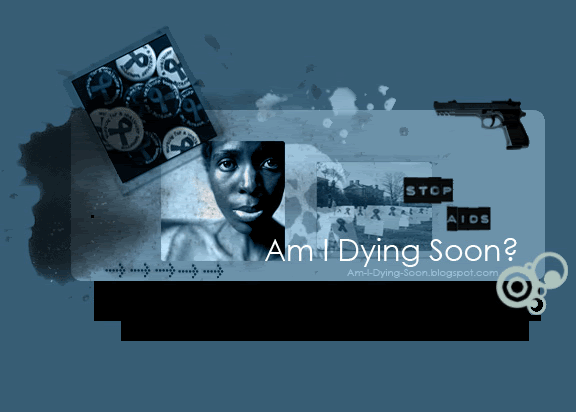FAQ
Q1. What is the relation between AIDS and HIV?
A. Acquired Immune Deficiency Syndrome (AIDS) is caused by the human immunodeficiency virus (HIV). The HIV infection will gradually destroy the body's immune system.
Q2. What happens to a HIV-infected person?
A. A HIV-infected person may experience the following symptoms:
fever
sore throat
muscular stiffness or aching
headache
diarrhoea
swollen lymph glands
fatigue
rash of various types
joint pain
Q3. How is HIV spread?
A. HIV is spread through sexual contact including oral, vaginal, and anal sex; via blood through transfusions or needle sharing; and from a pregnant woman to the foetus she is carrying or a nursing mother to her baby.
The infection is NOT spread by casual contact such as hugging and touching, by inanimate objects such as dishes or toilet seats, or by mosquitoes.
Q4. How can we prevent HIV infection?
A. Persons who engage in casual sex and sex with prostitutes are advised to use condoms to reduce risk of catching HIV. Always practise safe sex by using a condom (although this does not give 100% protection from HIV).
A person can also prevent HIV infection by having only one sexual partner, and being faithful to each other.
Q5. Is kissing someone with AIDS dangerous?
A very small quantity of the AIDS virus can get into saliva But it is rapidly
desroyed by the fluid's digestive enyzmes. There has never been a documented case of
HIV infection through saliva. So open-mouth kissing is considered a low-risk activity
, but it is not adsolutely safe.
Q6. What kind of sex is most dangerous?
Being on the recieving end of anal intercourse carries the greatest risk, for heterosexuals
as well as gays. Blood vessels in tissues lining the anus and rectum are easy to rupture, and
that gives HIV a direct passageway to the bloodstream. The majority of sexual transmitted
cases (as opposed to those from shared needles or tansfusions) probably result from anal intercourse.
Vaginal intercourse is less risky; oral sex has the least risk.
Q7.Is the man or woman at greater risk in vaginal sex?
Women have higher odds of being infected by an HIV-positiv man than the reverse. Infected semen can remain
in the vaginal and uterus for days. And the tissues of the vaginal, though toughher
than those in the anus, can also be torn during the intercourse. A man, however, is
exposed to vaginal secreting onlu during the sexual act itself. Unless he has genital ulcer or acut on the penis,
the chances of being infected are small.
Q8. What is the best protection during intercourse?
Men should wear a lubricated latex condom. Most brands contain the spermicide
nonoxynol-9, which also kills the AIDS virus. Lambskin condoms will not do th job since the
virus can pass through the porous natural mambrane.
Q9. Does having sex during manstration increase the risk od infection?
Studies suggest that the virus may pass more readily from woman to man during that time.
A condom provides protection, but it is probably safer to abstain from vaginal intercourse
during a period.
Q10. How dangerous is oral sex?
Not as hazardous as intercourse, but nothing to be causl about. The partner performing
oral sex is more at rish because he or she comes into contact with vaginal or seminal
fluids the virus can pass from those fluids into cuts in the mouth. Those
recieving oral sex are exposed only to saliva.
What precautions can be taken in oral sex?
MAles recieving it should wear a latex condom. When the woman is the recieving partner,
a dental dam should be used.That is a square piece of latex placed over the
vaginal area. Many U.S pharmacies now carry dams, a nonprescription item, on racks next to condoms.
Q11. At what point in a relationship is it reasonable to stop taking precautions against HIV infection?
Protection should be used for the first six months after starting a relationship with a new partner.
Then each partner should be tested for HIV. If both test negative and the couple have a monogamous
relationship and don't indulge in risky behaviour, such as using needles, then it's safe to discontinue
using condoms as a protection against AIDS.
Q12. Is it risky to play sports or share athleic facilities with people who are infected?
The AIDS virus is not found in sweat. So health-club members need not worry aho last rode the
exercise bike. But in contact sports where bloody injuries can occur-- such as boxing, football and basketball
--it's possible for the virus to pass from one athlete to another. The risk appears to be extremely
small: the Olympics' chief medical officer said last week that MAgic Johnson would be welcome to play in the 1992 Games.
Contact Us
amidyingsoon@gmail.com

